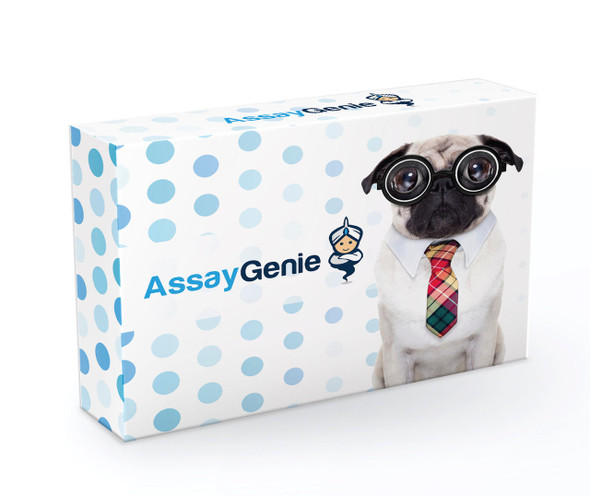Recombinant Human Macrophage migration inhibitory factor/MIF Protein (RPCB1835)
- SKU:
- RPCB1835
- Size:
- 10µg
- Tag:
- N-His
- Reactivity:
- Human
- Expression Host:
- E.coli
Description
| Product Name: | Recombinant Human Macrophage migration inhibitory factor/MIF Protein |
| SKU: | RPCB1835 |
| Size: | 10µg |
| Tag: | N-His |
| Reactivity: | Human |
| Expression Host: | E.coli |
| Protein Description: | High quality, high purity and low endotoxin recombinant Recombinant Human Macrophage migration inhibitory factor/MIF Protein , tested reactivity in E.coli and has been validated in SDS-PAGE.100% guaranteed. |
| Endotoxin: | < 1 EU/μg of the protein by LAL method. |
| Purity: | > 95% by reducing SDS-PAGE;> 95% by SEC-HPLC |
| Formulation: | Supplied as a 0.2 μm filtered solution of 20mM PB, 150mM NaCl, 50% Glycerol, pH7.4. |
| Gene ID: | 4282 |
MIF (or macrophage migration inhibitory factor) was the first lymphokine/cytokine to be recognized in the pregenomics era (1, 2). Regardless, it is one of the least understood of all inflammatory mediators (1, 3). Human MIF is a 12.5 kDa, 115 amino acid (aa) nonglycosylated polypeptide that is synthesized without a signal sequence (4 - 7). Secretion occurs nonclassically via an ABCA1 transporter (8). The initiating Met is removed, leaving Pro as the first amino acid. The molecule consists of two alpha -helices and six beta -strands, four of which form a beta -sheet. The two remaining beta -strands interact with other MIF molecules, creating a trimer (2, 9, 10). Structure-function studies suggest MIF is bifunctional with segregated topology. The N- and C-termini mediate enzyme activity (in theory). Phenylpyruvate tautomerase activity (enol-to-keto) has been demonstrated and is dependent upon Pro at position #1 (11). Amino acids 50 - 65 have also been suggested to contain thiol-protein oxidoreductase activity (12).
| Storage: | Store at -70℃. This product is stable at ≤ -70℃ for up to 1 year from the date of receipt. For optimal storage, aliquot into smaller quantities after centrifugation and store at recommended temperature. Avoid repeated freeze-thaw cycles. |
| Swiss-Prot: | P14174 |







